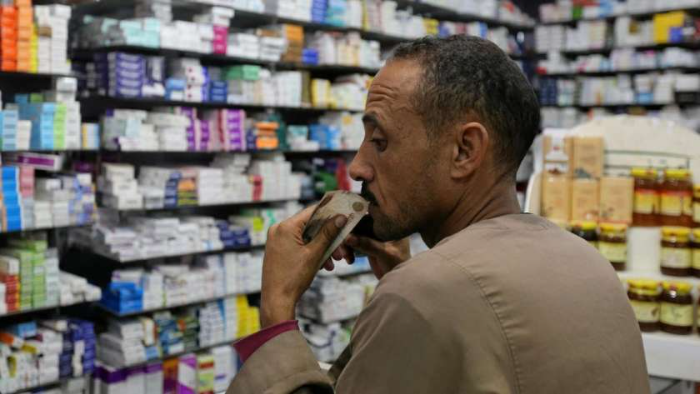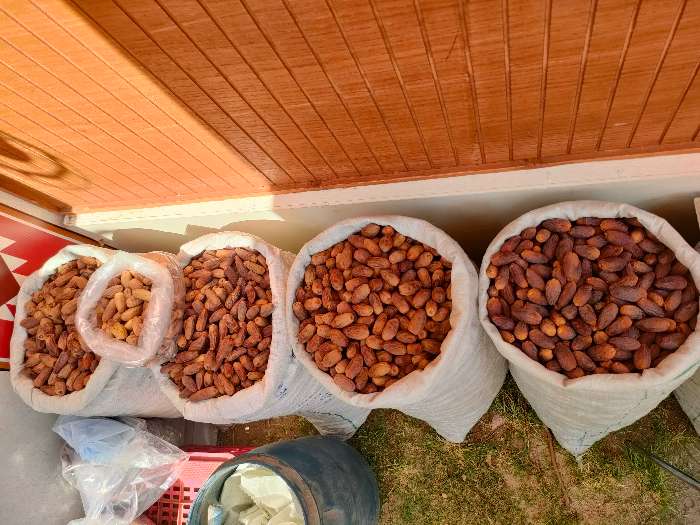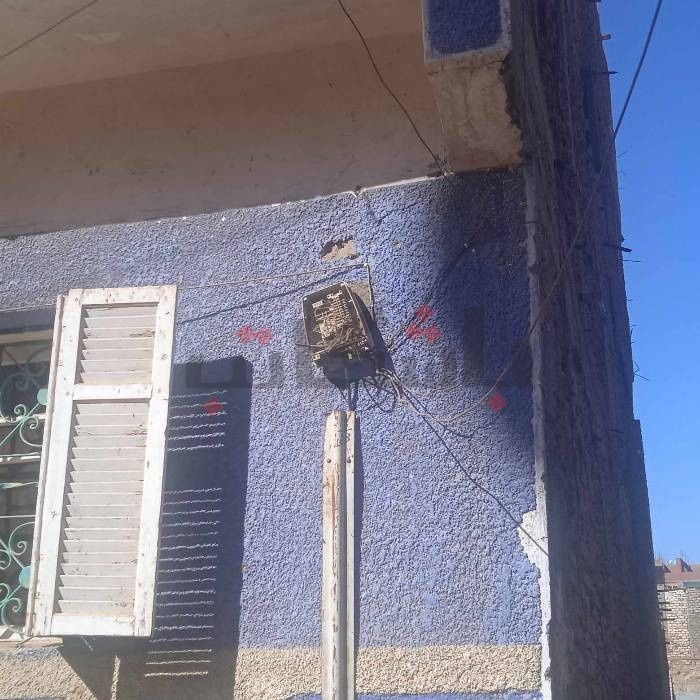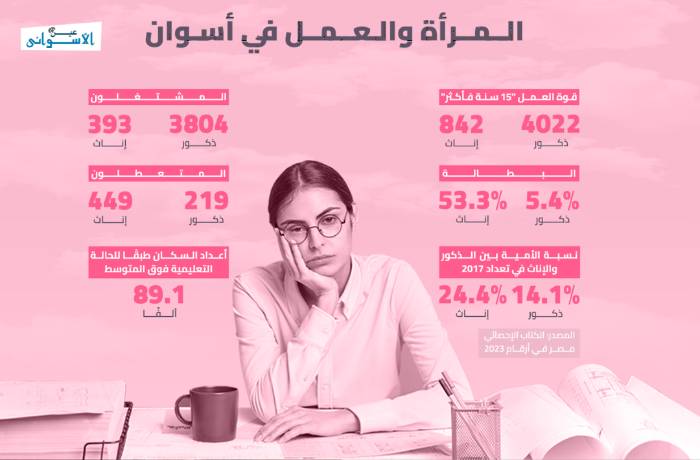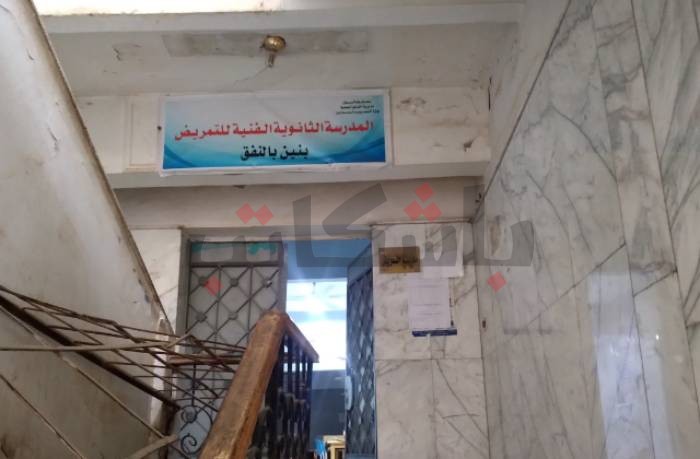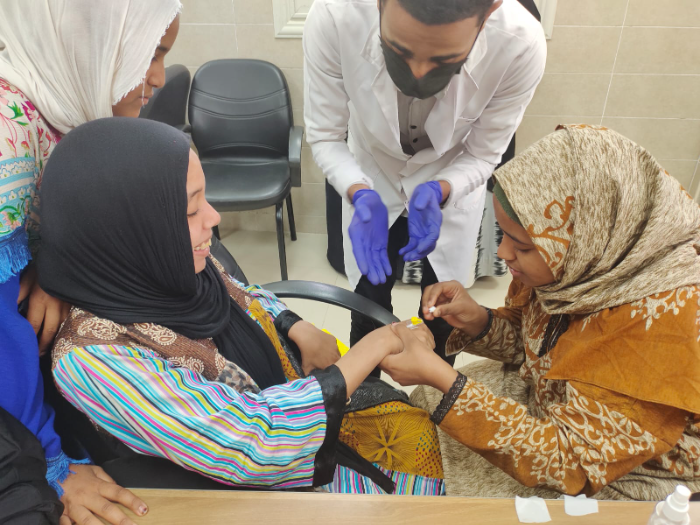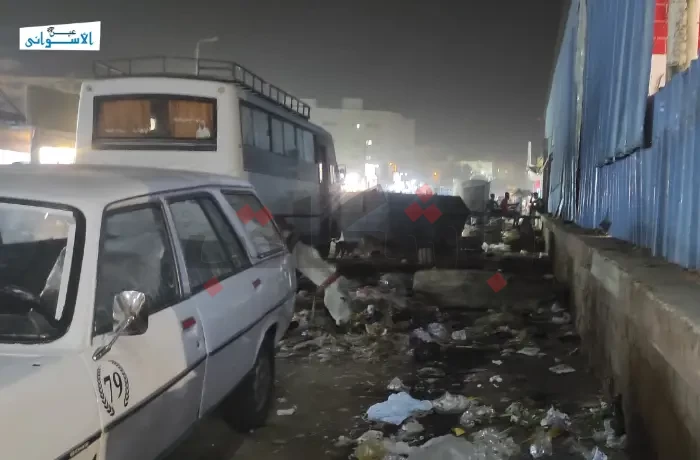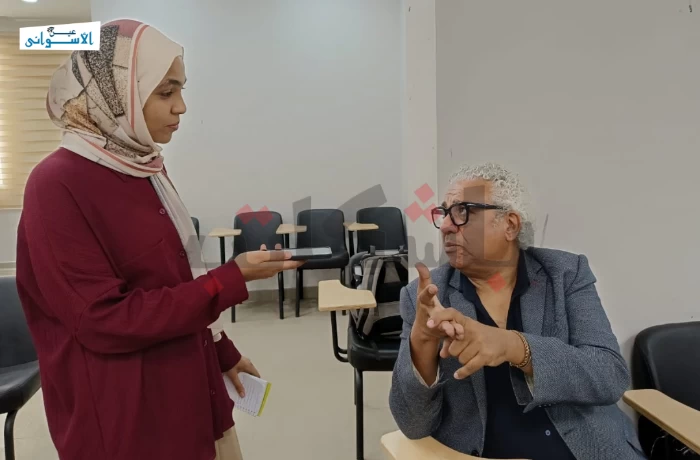In January 2024, Zainab Ahmed’s facial skin problems one-month-medication pack ran out. After frequenting many pharmacies, she received the same answer: “there’s a shortage of this medicine in pharmacies," which made her give up and contact her dermatologist to replace the medicine, “the alternate brand cost 300 EGP, same as the previous one, yet it is less effective, causing side effects like insomnia, but what can I do? After my skin started improving a little, I decided to stop the medicine and follow the doctor’s advice by staying away from bad habits like eating pickles and chili pepper.”
Prime Minister Mostafa Madbouly held a meeting yesterday, during which he followed up with solutions for drugs shortage problem; Minister of Health and Population Khaled Abdel Ghaffar explained the dimensions of the crisis, explaining that the lack of dollar liquidity during the past period affected the pharmaceutical companies’ production and drugs’ availability in the markets, assuring that the crisis will be solved with the availability of the dollar liquidity, and will be over during the following weeks.
Zainab’s situation was not as serious as Hadiya Abdulrahman, who, since this July, started searching for the hypertension medication all over the city’s pharmacies, but to no avail. “It has been a week since I last took my medication, my relatives turned every rock and stone searching for it, they looked in other towns in hopes of finding it at any price before my condition worsens, however, I didn’t try to contact the hotline to see if the medicine was available, it used to cost me 80 EGP, but now it reached 100 EGP,” explained Zainab.
As for Sabrine Sayed, after two weeks of searching then losing all hope to find her hypertension medication, she decided to buy the alternate brand the doctor prescribed for her, “the alternative caused me health problems affecting my blood pressure, but I have no choice, not to mention the medicine’s price has increased from 70 to 90 EGP.”
After a two-week search in pharmacies for hypernatremia medication, Yasmine Badr decided to seek other solution to relieve her pain: herbs, “I spend my day boiling herbs so I can manage doing daily chores, instead of searching for a medication that I don’t know when I will be able to buy it again.”
According to the Central Agency for Public Mobilisation and Statistics report in July 2024, the index of the pharmaceutical, chemical and drug industry decreased to 78.27% during April 2024, compared to March 2024, when it reached 92.22%, with a decrease of 15.13%, due to the unavailability of raw materials needed for the product.
Covid-19 Pandemic and the Russian War
Ain Al-Aswani has interviewed three pharmacists who commented on the shortage of the chronic diseases’ medicines such as blood pressure, diabetes, and endocrine disorders, saying that the drug crisis started in 2016, and has aggravated by 2020 with the increased demand on the drugs during Covid-19 pandemic, reaching the Ukraine-Russian War.
“The drug shortage crisis reached its peak two years ago, especially with liberalising the exchange rate which led to a difference in the currency required for importing”, adding, “the increase percentage in drug prices now ranges between 30% to 50%, and vitamins’ prices increased from 100 to 150 EGP, whereas diabetes medications from 190 to 230 EGP, and antibiotics from 120 to 173 EGP,” clarified the pharmacists.
Marwa Hisham, a pharmacist, confirmed the forementioned by saying that blood pressure, diabetes, and endocrine medicines suffer a severe shortage in some of the concentrations in the medicines’ compositions, added to this, pharmacists don’t know whether the alternate brands will be available or absent permanently, and not to mention the constant increase of the medicine prices, “each product is delivered to us with new prices, drugs’ prices have increased by almost 50%.” Drug shortage crisis has seriously aggravated by the second half of 2023, as Pharmacist Doha Hassan confirms; prices for medicines for diabetes, hypertension, and hypernatremia have increased by 50%, whereas some patients refuse to but the alternate brand, convinced by their doctors’ words that some alternate brands do not have the same effect like the original ones, this applies for diabetes medications.
A Plan for Increasing Prices Is Set, Patients Aside
Mostafa Madbouly, Prime Minister, held a press conference on 9th July, 2024, during which he declared setting a plan to gradually increase drug prices until the end of this year, explaining that after liberalising dollar exchange rate, companies suffered huge losses. Madbouly stressed that there is an agreement between the government and pharmaceutical companies to move drug prices in a calculated and acceptable manner.
Ali Auf, Head of the Pharmaceutical Division at the Federation of Chambers of Commerce, clarified to Ain Al-Aswani that the reason behind drugs’ shortage goes back to the inability of pharmaceutical companies to procure the required currency to purchase raw materials, especially after the liberalisation of the exchange rate, and their lack of sufficient funds, causing them huge losses.
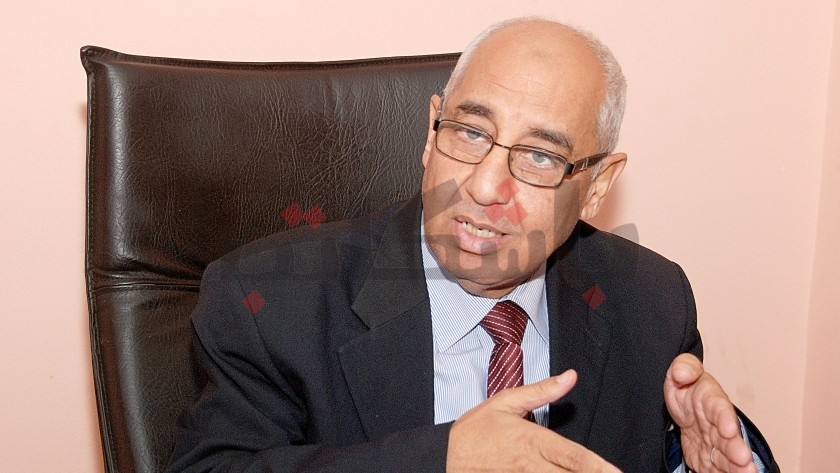
Concerning the end of the crisis, Auf pointed out that within ten days the market will improve, and after providing outlets with sufficient products to deliver to the pharmacies, a tangible change could occur in the drug markets after two to three weeks in Aswan Governorate.
The head of the division expects the crisis would decline somehow, clarifying that drug shortages would still remain but with less percentage, as he seeks to reduce the number of missing drugs from a thousand brands to approximately 100, indicating that the effect the dollar crisis on drug production is not limited to the increase of the drug prices, it also affects the machinery the factories need to function, “a malfunction in a machine in one of the factories requires months of reparations, stopping the production process for a while,” let alone the need for public sector companies to update their production lines "as some companies are currently suffering from a shortage due to the lack of the stock sufficient for two years".
